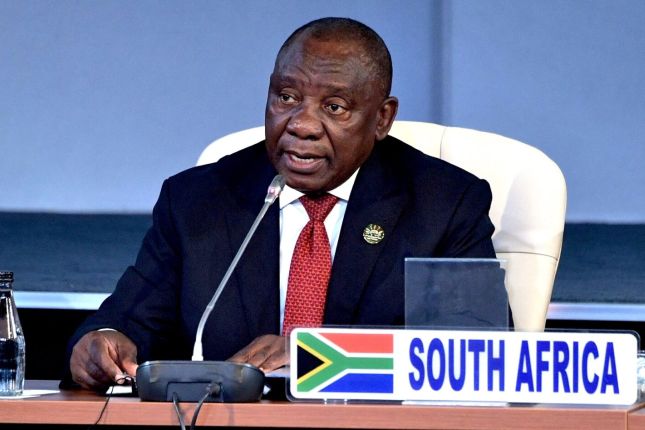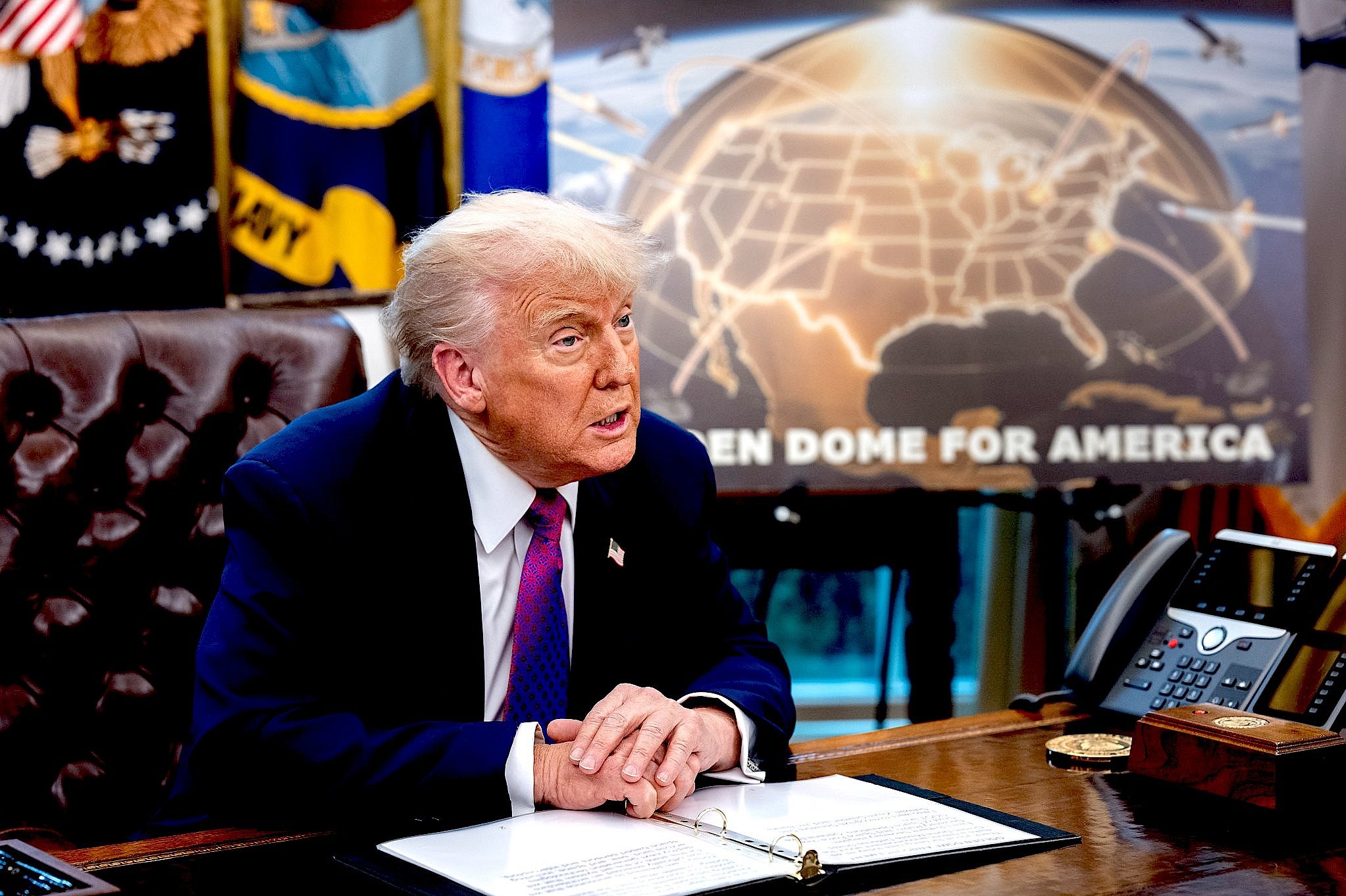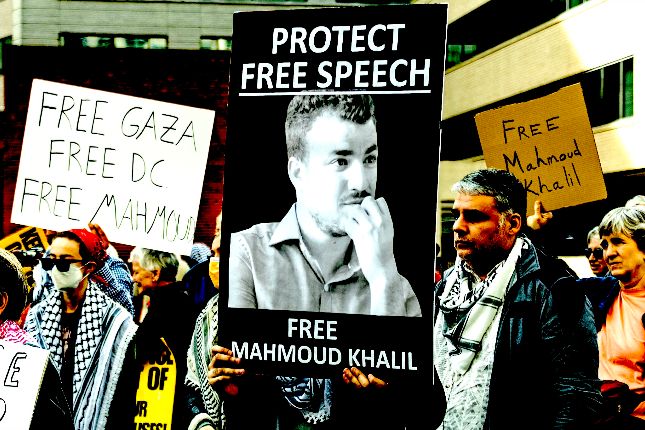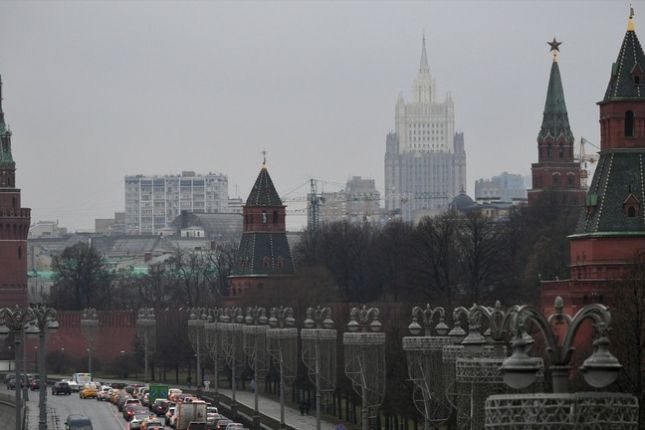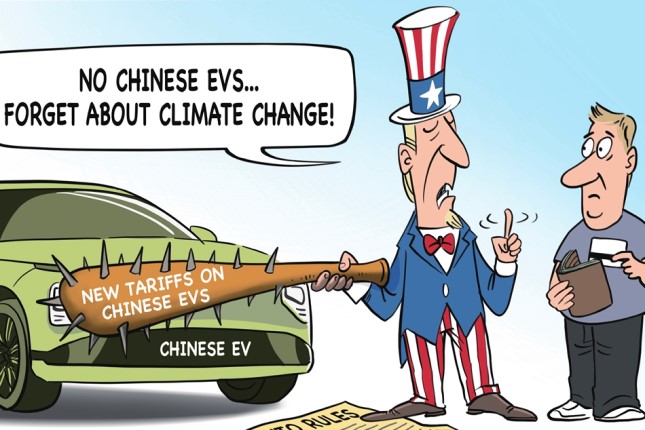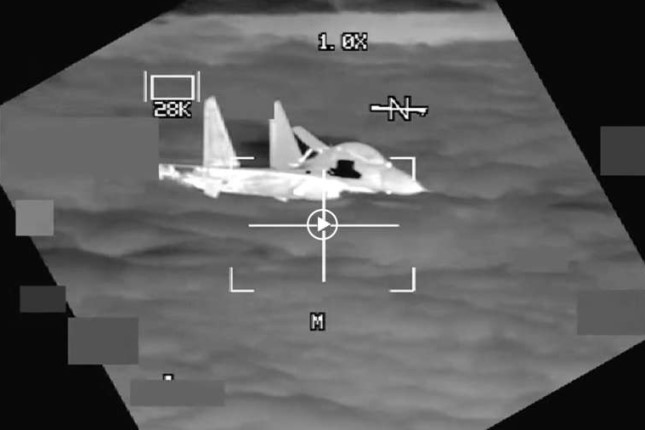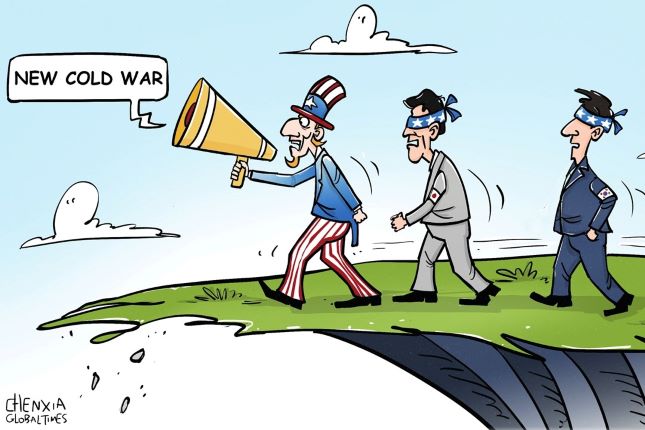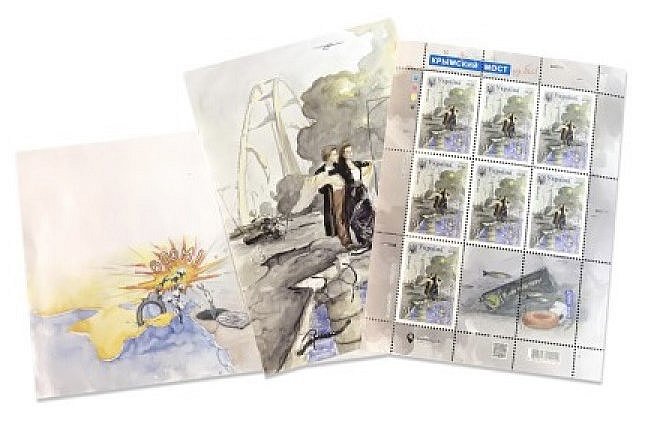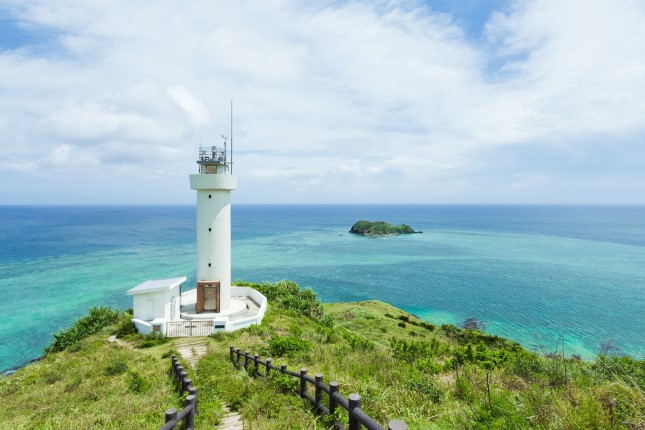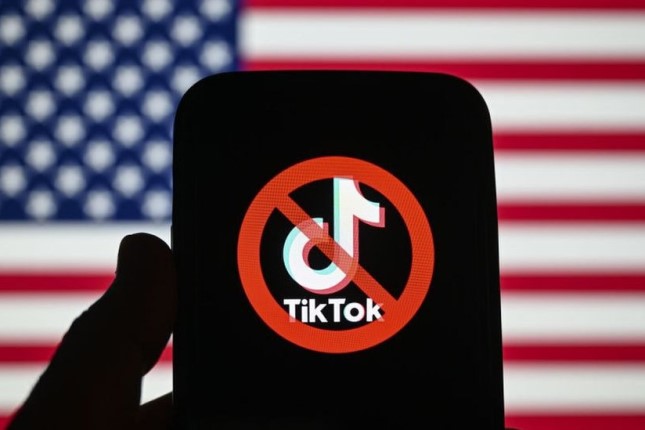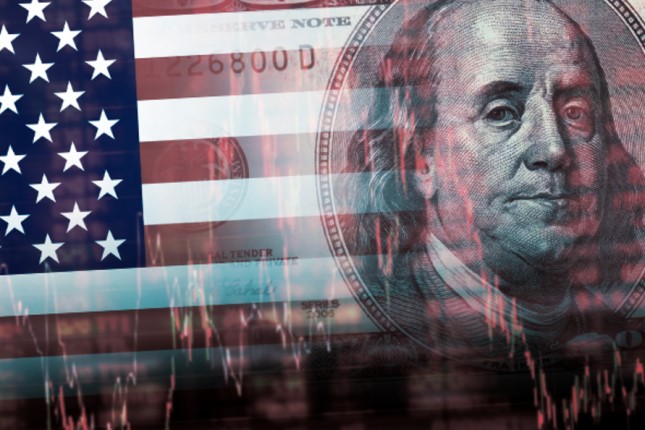South African President Cyril Ramaphosa set the tone for the BRICS summit in Johannesburg when he opened the gathering on Tuesday with calls for a more democratic global economic order with greater participation of countries from the Global South. He underlined that BRICS stands for inclusiveness and transparency in its development agenda and must continue to do so.
Along with the heads of states of the existing BRICS members — Brazil, Russia, India, China and South Africa — over 60 other countries participated in the 15th BRICS summit, which concludes Thursday
Chinese President Xi Jinping — in a speech delivered by China’s Minister of Commerce Wang Wentao — highlighted the formal membership application of more than 20 countries and reiterated that China rejects the "exclusive blocs" mentality pursued by the West and called for expansion of BRICS.
Indian Prime Minister Narendra Modi on Wednesday said his government fully supports the expansion of the bloc, adding that it welcomed "moving forward with consensus on this." India also reiterated its proposal for the African Union’s membership in the G20.
New Model of Development
In his speech, Xi emphasized that the BRICS model of development and growth is contrary to the West’s approach of hegemonization. Asserting that countries should have the freedom to pursue their own development model, Xi claimed that one country, "obsessed with maintaining hegemony, has gone out of its way to cripple emerging markets and developing countries" — an obvious reference to the U.S.
Xi noted that the world is forced to face a choice — between peace and stability and a new cold war — due to the hegemonic agenda pursued by the West, and pointed out that "hegemonism disrupts development, violates the nation’s right to prosperity and sovereign development."
Xi noted that BRICS’ New Development Bank (NDB) has been designed to pursue a sustainable development agenda without the political and economic conditionalities which often come with the other existing global financial institutions.
The point was confirmed separately by former Brazilian president and head of the NDB, Dilma Rousseff. "We repudiate any kind of conditionality," she was quoted as saying. "Often a loan is given [by the World Bank or IMF] that certain policies are carried out. We don’t do that. We respect the policies of each country."
The summit was held under the chairmanship of Ramaphosa on the theme of "BRICS and Africa: Partnership for Mutually Accelerated Growth, Sustainable Development and inclusive multilateralism."
During his speech on Tuesday, Ramaphosa emphasized the need for reform in international financial institutions (the World Bank and IMF, among others) so that "they can be more agile and responsive to the challenges facing developing economies."
De-Dollarizing Trade
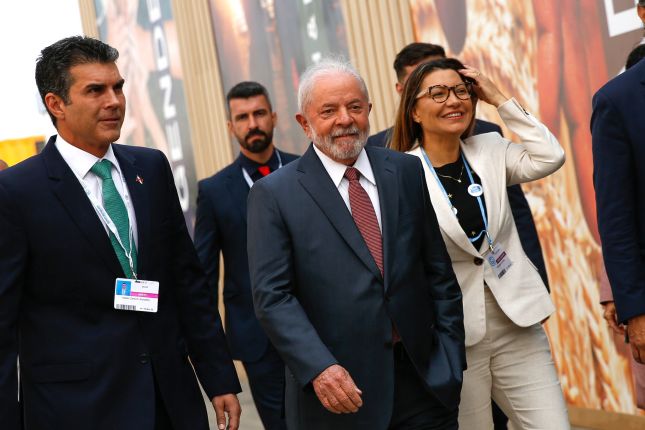
Lula Da Silva in November 2022. / UNclimatechange, Flickr
During their speeches, Brazilian President Luiz Inácio Lula da Silva and his Russian counterpart Vladimir Putin underlined the ongoing efforts by BRICS to de-dollarize international trade.
Lula said that BRICS looks forward to a "new reference unit" to shield their trade from major reserve currency volatility. He also reiterated the need to shift to local currencies for mutual trade and noted that the NDB is already working to smoothen the process.
Ramaphosa noted that BRICS is becoming a much more prominent player in the global economy, with over one-third share in the global GDP. He also noted that trade among the existing members of BRICS is increasing and has already crossed $762 billion in 2022.
Putin addressed the group through a video link and criticized the West for the irresponsible policy of imposing sanctions and putting pressure on countries, particularly in the Global South, which were contrary to the established rules of trade and had caused massive inflation, unemployment and inequality. He said that BRICS is trying to pursue policies that will boost development in poorer nations and will be in the interest of the "global majority."
Putin highlighted that dollar settlements among the group members fell more than 28 percent in 2022, with increased efforts to conduct mutual trade in local currencies in the future.
Africa in Focus
With Africa being the theme of the meeting, Ramaphosa stressed the economic potential of the continent and said that it is ready for all kinds of investments for the development of its infrastructure and exploration of its natural resources.
He, however, underscored that African countries do not want to remain mere exporters of raw materials but want to process their natural resources and export finished products.
Following Ramaphosa, Lula assured the African countries that after his predecessor Jair Bolsonaro had disastrously reduced investment and trade with them, Brazil is returning to the continent. He said Brazil was now ready to help Africa with the transfer of technology in areas such as agriculture, Sputnik reported.
Putin said that Russia is ready to provide food grains to all African countries, both commercially and free, and announced that six African countries — Burkina Faso, Somalia, Mali, Zimbabwe, the Central African Republic and Eritrea — will receive between 25 and 40 thousand tons of grain free of charge from Russia.
Photo: Cyril Ramaphosa at a BRICS summit in 2018. © Kremlin.ru / Wikimedia Commons / CC BY 4.0
Source: Consotrium News.
